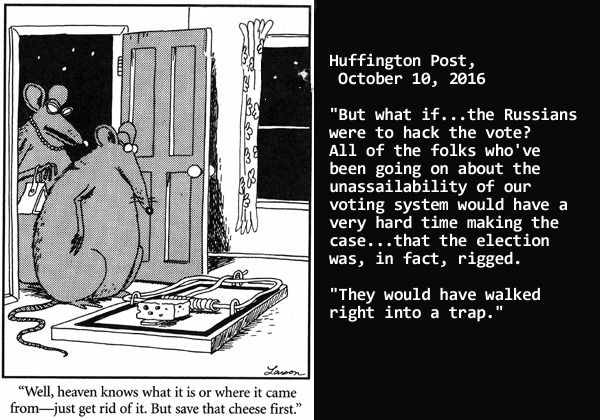 Populism begets dictatorship. Examine Africa to understand our era’s dramatic moves towards authoritarianism.
Populism begets dictatorship. Examine Africa to understand our era’s dramatic moves towards authoritarianism.
The weekend’s referendum in Turkey is at center stage. But it’s to the faster developing, least developed and most desperate societies in Africa that you should turn your attention. Strong men are reappearing and stronger than ever, precisely because they achieve their power using the ballot box.
According to Planet Rulers, 21 of the world’s 49 dictators are in Africa. Only four of those 21 came to power forcibly such as in a coup (Sudan, Rwanda, Mauritania, Chad). One (Swaziland) is a king.
Sixteen were elected in essentially fair, democratic elections … at least for their first term. Many of these had no initial hallmarks of a dictator. Most championed the democratic process that elevated them to power.
Very few of these elections were as free and fair as they are today in western countries. Many critics point to these differences as making any comparison with more mature democracies like our own irrelevant, but I disagree vehemently. It doesn’t matter how subtly the straw that breaks the camels back is placed on the hump: e.g., the July 15, 2016, attempted coup in Turkey.
The 1980s and 1990s was a time of increasing democracy throughout the world … except in Africa. Neither Russia or China is democratic, today, but during those decades they made significant moves in that direction. So did South and Central America. Those were the years that India bloomed as the world’s greatest democracy.
Africa stood apart. Africa’s democratic moment in the early 1960s came when most of its countries won independence, as their colonial overlords had thrust that political structure upon them. .
What I’ve learned living through this epoch is that democracy when defined by voting doesn’t work in the modern age. No social code is invulnerable. There are loopholes in all laws, especially those implementing democracy. As our collective intelligence and imagination grows, they’re easier and easier to find:
In Africa voting was easily manipulated from the getgo, principally because in the beginning few in the electorate were educated. In America today voting may be harder to manipulate than it was in Uganda in 1970, but big money and Russia is figuring it out.
Then, when the voters recognize that they’re being manipulated, that they’ve been scammed, all hell breaks loose. No one likes being fooled. Ensuing civil wars, massive civil turbulence, foreign interventions and finally … terrorism exploded in Africa. In America we’re just beginning to explode. In Turkey they’re dousing the fires.
In Turkey as throughout my lifetime in Africa: pinch out the flame of democracy for peace and prosperity.
No one likes wars. No one likes being fooled. Can anything preserve the better values of democracy?
Sortition.
“Our voting system worked well for decades, but now it is broken. There is a better way to give voice to the people.” Read David Van Reybrouck’s Against Elections: The Case for Democracy.